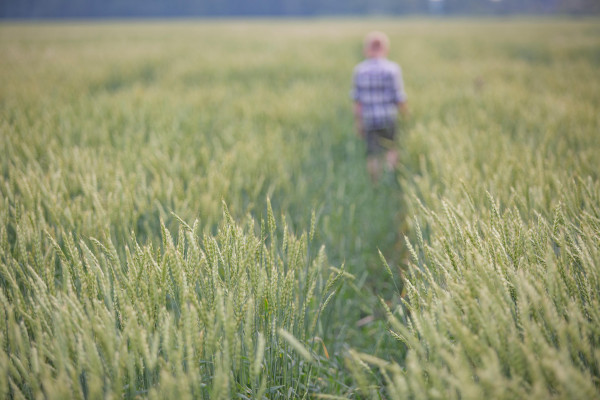In India, farming is a vital part of our culture and economy. The Indian farming system is diverse and rich, with a mix of traditional and modern practices. Farmers in India grow a variety of crops such as rice, wheat, pulses, sugarcane, and cotton. The farming methods used in India vary from region to region, influenced by factors like climate, soil type, and water availability.
One significant aspect of Indian farming is the practice of subsistence farming, where farmers grow crops mainly to feed themselves and their families. This traditional form of farming is prevalent in rural areas, where small-scale farmers cultivate crops using age-old techniques passed down through generations. Additionally, India also has commercial farming, where crops are grown for sale in markets, contributing to the agricultural economy.
The Indian farming system faces challenges such as land fragmentation, water scarcity, and dependence on monsoons for irrigation. To address these challenges, modern agricultural practices like drip irrigation, organic farming, and the use of high-yielding crop varieties have been introduced to increase productivity and sustainability. Government initiatives and agricultural policies aim to support farmers by providing subsidies, credit facilities, and technology adoption to improve agricultural output.
Despite the challenges, Indian farmers display resilience, hard work, and a deep connection to the land. They play a crucial role in feeding the nation and preserving agricultural traditions. The Indian farming system is a blend of ancient wisdom and modern innovation, reflecting the country's agricultural heritage and the ongoing efforts to enhance productivity and sustainability in farming practices.
The connection between food and farms runs deep. It's a relationship built on respect for nature, understanding the seasons, and appreciating the cycle of life. When we support local farms and choose fresh, seasonal produce, we are not just nourishing our bodies but also honoring the earth's bounty. There is a sense of fulfillment in knowing where our food comes from, in understanding the journey it takes from farm to table.
Moreover, farms are not just about food; they are about community. They bring people together – farmers, workers, families – all united in the common goal of growing and sharing wholesome food. The bond created through food and farms transcends mere sustenance; it fosters a sense of belonging, of being part of something greater than ourselves.
As we delve deeper into the world of food and farms, we uncover stories of resilience, innovation, and tradition. Farmers adapt to changing climates, embrace sustainable practices, and preserve age-old techniques passed down through generations. Their dedication to the land and its produce is a testament to the profound connection between agriculture and our well-being.
In essence, harvesting happiness is not just about the final product on our plates; it's about the journey, the process, and the people behind it all. It's about recognizing the intricate web of relationships that sustains us – from the soil that nurtures the crops to the hands that harvest them. Food and farms are not just sources of nourishment; they are sources of joy, of gratitude, and of connection to the natural world.
So, the next time you sit down to a meal, take a moment to appreciate the link between what you eat and the farms that make it possible. Let the flavors on your plate remind you of the hard work, love, and dedication that go into each bite. In this way, we can truly savor the essence of harvesting happiness – the beautiful connection between food and farms that enriches our lives in more ways than we can imagine.

